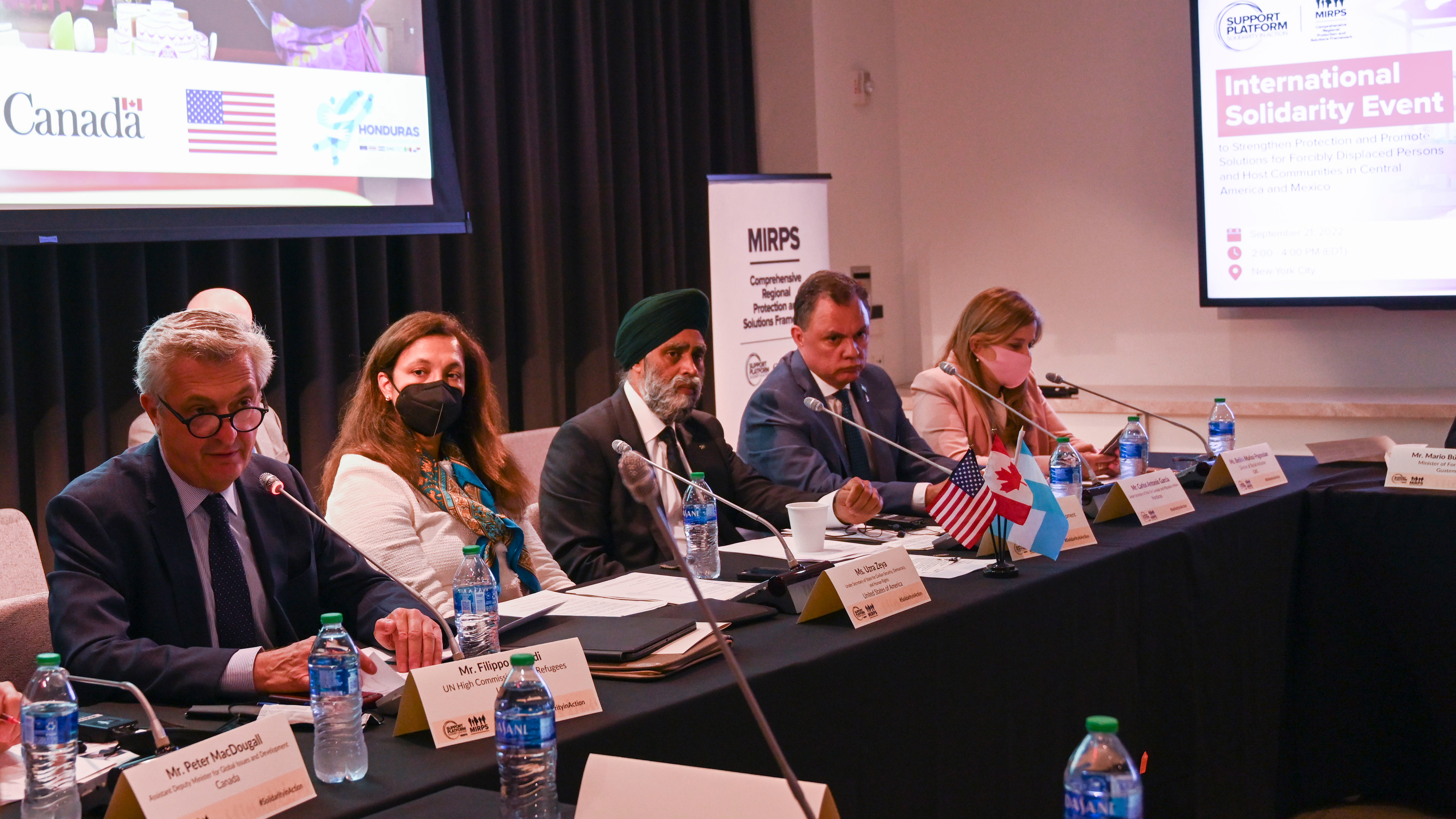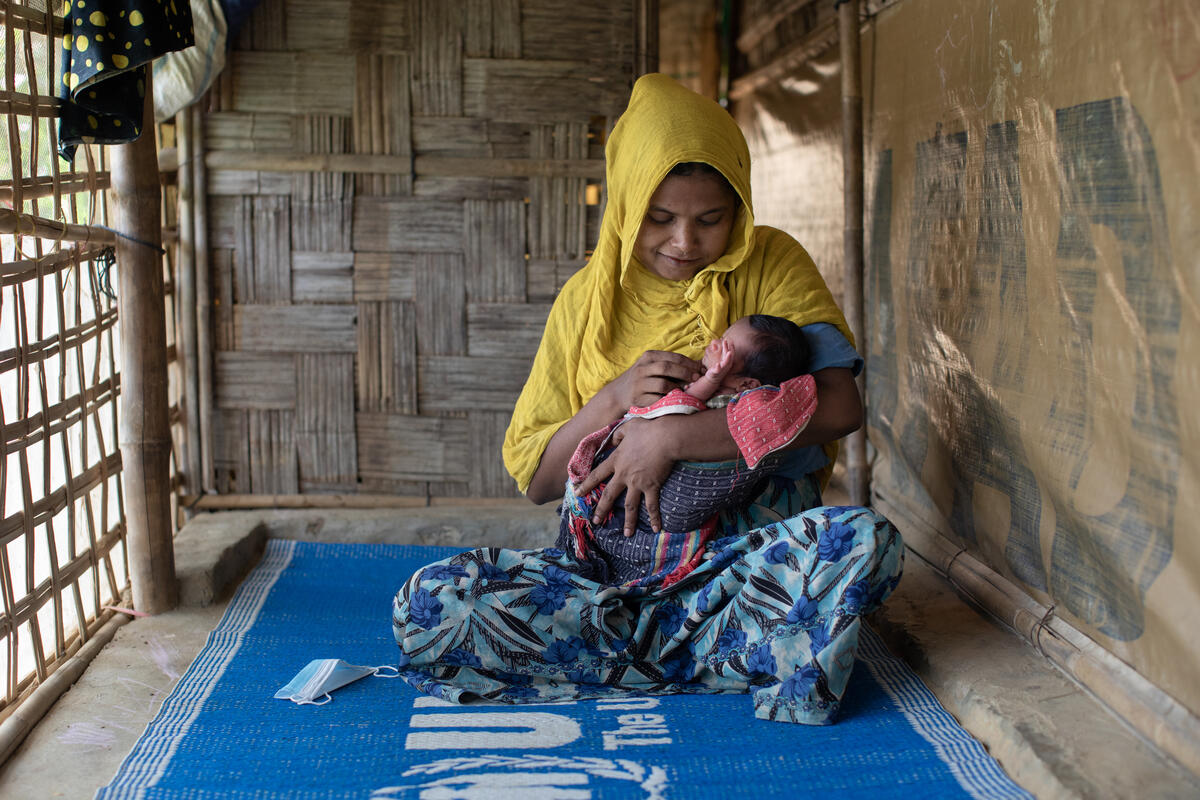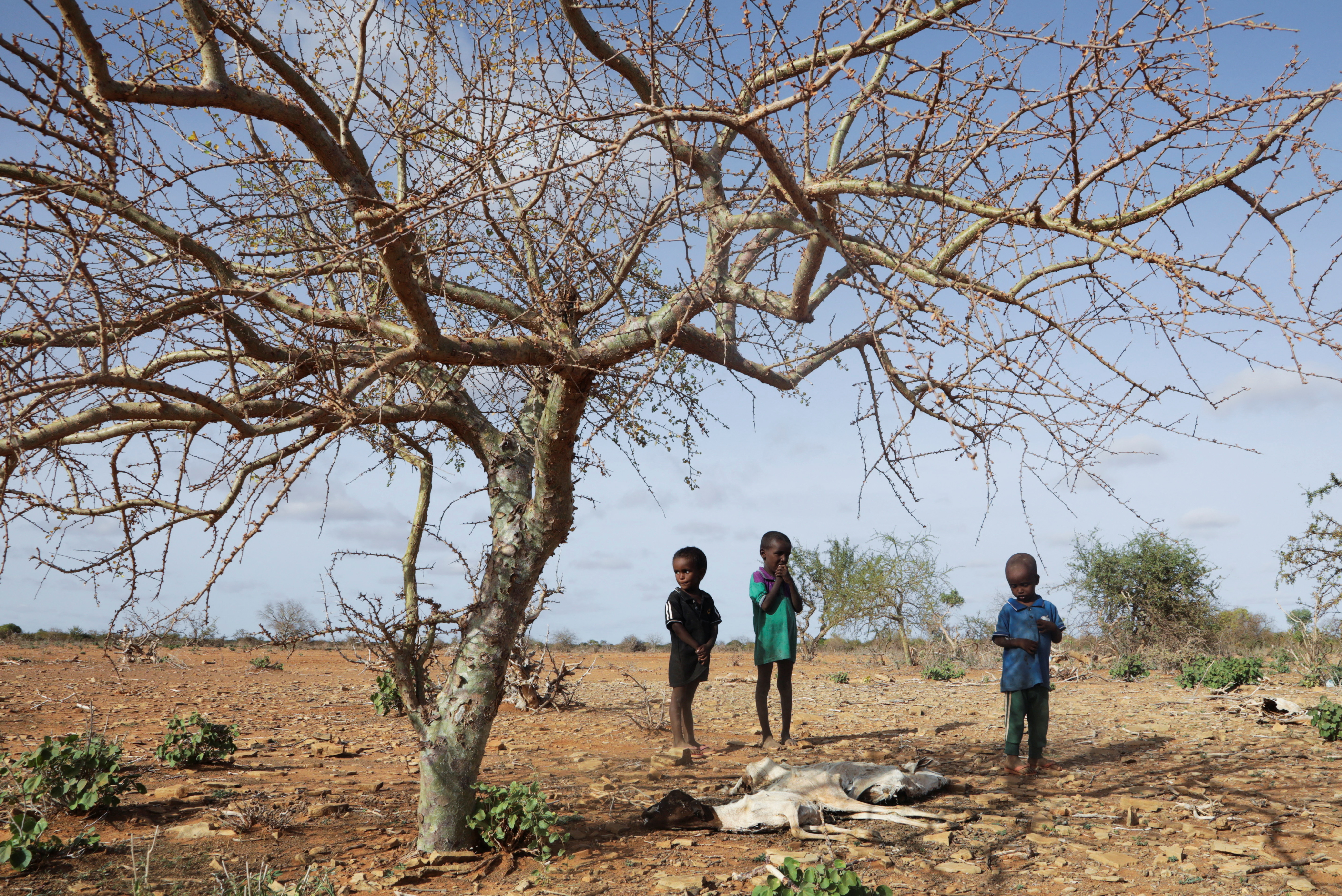Japan donates $3m to UNHCR's peace-building efforts in Liberia
Japan donates $3m to UNHCR's peace-building efforts in Liberia

ACCRA / MONROVIA, March 9 (UNHCR) - The government of Japan has donated US$3 million to UNHCR in Liberia, boosting the refugee agency's repatriation and reintegration operation and creating a viable environment for uprooted Liberians to return home after years of displacement.
On Tuesday, the Chargé d'Affaires of the Embassy of Japan to the Republic of Ghana, Kojiro Uchiyama, and UNHCR Acting Representative in Liberia Golam Abbas met in the Ghanaian capital, Accra, to exchange letters for funds to the UNHCR Liberia programme.
"Transition from relief to development is an enormous task," said Uchiyama, adding that the Japanese government is pleased to contribute to UNHCR's community-based reintegration programme to support peace-building and reconciliation mainly in return areas heavily impacted by the 14-year conflict in Liberia.
"The $3 million contribution from the government of Japan is one step closer to meeting the challenges of sustainable return in Liberia," said UNHCR's Abbas. "In terms of peace-building, it will be critical to restore infrastructure and basic services to ensure that the goodwill and meagre resources of receiving communities are not overburdened in the delicate post-conflict climate."
Of the $3 million donation, $1.25 million will go towards the development of community empowerment projects to promote peaceful co-existence, $1 million towards shelter and agricultural interventions, and $750,000 for emergency rehabilitation efforts aimed at increasing the absorption capacity of receiving communities.
UNHCR's peace-building project seeks to create a viable environment for returning refugees and internally displaced persons (IDPs), ex-combatants and receiving communities to cohabit peacefully. It does so by supporting the restoration of basic services in the main areas of return and empowering the people to begin rebuilding their livelihoods at the individual and community levels.
To date, over 1,100 community empowerment projects have been implemented in the main areas of return in Liberia.
The peace-building project focuses mainly on counties that have the highest concentration of refugees registered in neighbouring countries, namely Lofa (84,532), Maryland (42,412), Nimba (31,483), Grand Gedeh (28,539) and Bong (17,085). These counties will also have sizeable numbers of returning IDPs, particularly Lofa (90,000).
Tens of thousands of Liberian refugees have returned home since a peace agreement was signed in August 2003. Some 100,000 are estimated to have returned on their own in 2004 alone, while some 8,500 others have repatriated with UNHCR assistance since the agency started facilitating returns in October 2004. However, many more are still scattered in West Africa - in Guinea, Sierra Leone, Côte d'Ivoire and Ghana. Smaller numbers live in the Gambia, Mali, Nigeria, Libya and Senegal.
These refugees have lived in countries of asylum for periods ranging from one to 20 years. Only 4 percent are living in urban areas, while 59 percent are being assisted by UNHCR mostly in camps and transit centres. The refugee agency expects 340,000 Liberian refugees to return home by the time the repatriation programme ends in December 2007.
Meanwhile, significant progress in the peace process has drawn many of Liberia's internally displaced people home from established camps within the country. With IDPs constituting 25 percent of Liberia's population, this mass return will place enormous pressures on the meagre community resources in their home areas. Hence the urgent need for reconstruction and rehabilitation assistance.
The government of Japan, the second largest donor of UNHCR programmes worldwide, established the Peace Building Grant Aid in 2002. It donated $2 million to UNHCR for reintegration activities for Angolan returnees in 2003, and $2 million for UNHCR operations in Liberia in 2004. The latest contribution of $3 million for Liberia is based on the concept of "human security" actively supported by the Japanese government to stress the importance of protecting and empowering vulnerable people.
By Sarah Brownell
UNHCR Liberia







